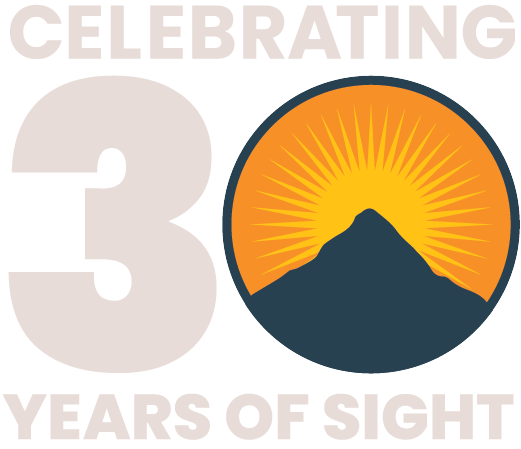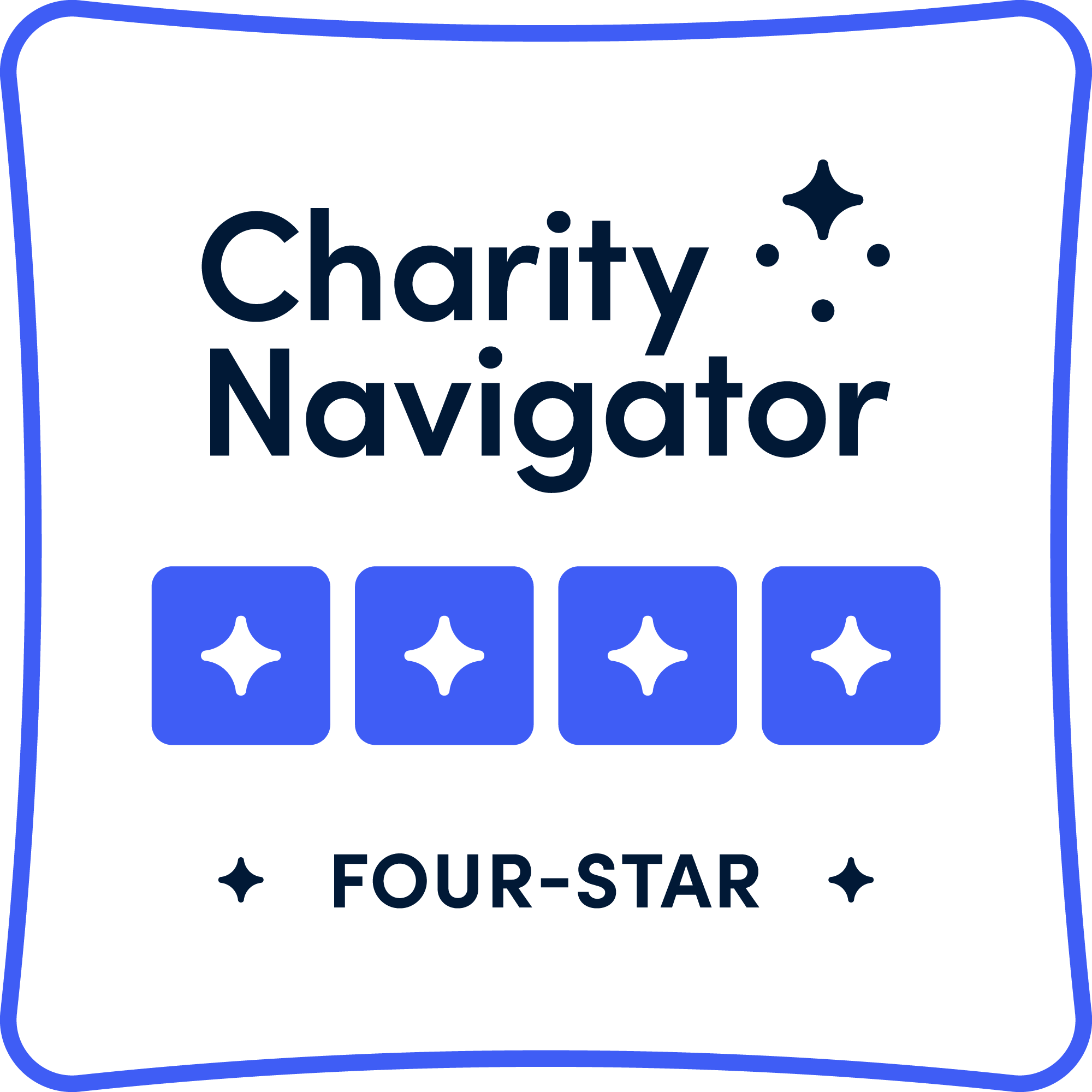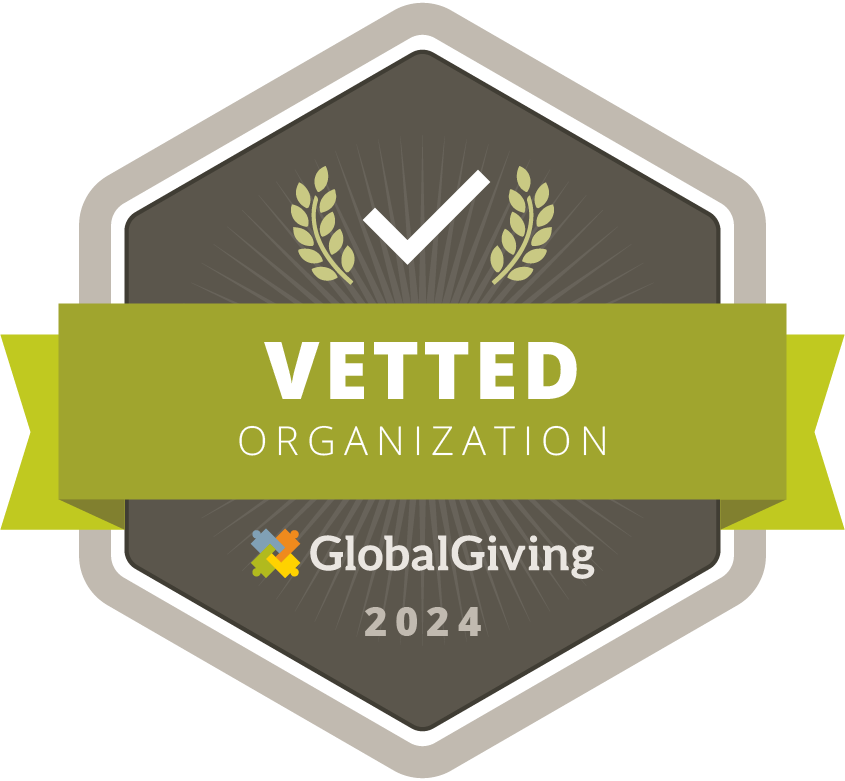First Person: Through The Eyes of an Outreach Surgeon
Dr. Doreen Amanhwah Frimpong, a Ghanaian pediatric ophthalmologist, shares her first-person experience during a recent outreach in Kumasi, Ashanti region, Ghana.
I am Dr. Doreen Amankwah Frimpong, a pediatric ophthalmologist at the Komfo Anokye Teaching Hospital, (KATH) in Kumasi, Ashanti region, Ghana.

Today we are screening children with eye care needs who have traveled from communities in the Upper East region. The closest pediatric eye care accessible to these communities requires a 10-hour drive which, as any parent will know, is difficult with young children. On top of that is the expense of gasoline. For my team and I, it was a farsighted decision to journey halfway to meet the children and their families in the Northern region of Ghana to reduce the over 540 km (335 miles) journey.
We are screening children to identify those who will benefit from surgery, so they can live the years ahead of them with good vision. So far, out of the 30 children we have screened, about 20 need surgery. Most cataracts we see result from some form of eye trauma. Others are congenital, yet nothing has been done to treat them because these families cannot access eye care. As they grow up, their sight deteriorates.
Fortunately, we are here to correct that. The pediatric cataract surgeries we will perform require removing the opaque lens in the eye. Based on the child's eye measurements, we will replace it with the correct intraocular lens, which is like plain glass. That is what we will be doing in the coming days.
We understand that children's anatomy differs from adults; therefore, special skills, machines and a different setup are needed for their procedure. With adults, you remove the lens and put in another, but for kids, you need to consider their ages since they (or “cloudiness”) progresses rapidly immediately following a cataract replacement, so special procedures like posterior capsulotomy and anterior vitrectomy must be carried out within the shortest period. Otherwise, the anterior vitreous becomes opaque again—requiring another cataract surgery.
These factors make pediatric cataract surgeries more expensive comparatively. What’s more, children require general anesthesia for children, while adults only require local anesthesia. It takes much more to save the child's eyesight, and the financial implications deters parents or caregivers from seeking medical attention. The child typically pays 5 to 10 times more than the cost of an adult patient.

An outreach program like this is urgent because the child's brain development is tied to inputs from the eyes. If the cataracts in their eyes persist for a more extended period, they develop amblyopia which hinders the improvement of vision. More children in communities up north are yet to be screened and given the required eye care. We plan to travel back here quarterly or twice yearly to help them.
If a child is diagnosed with cataracts, say age 2, and their lifespan is 70, their blind years will be 68! These children will depend on their parents, and with our weak social support systems, their mothers will be unable to work. Therefore, we must pay attention to pediatric surgery to give children a chance at a better future.
Thank you to HCP Cureblindness; through their efforts, we were able to get donations to help these kids. And also the NGO Vision Action for mobilizing and pre-screening the children in their communities.
Children may not be expressive with their speech, but they say a lot through their pain. That's one most important thing that motivates me to work with children. They are truthful, not fake, so you cannot go wrong with kids. You can tell when they are sick and when they aren't.
UPDATE *Today is the final day for surgeries. It's been great, and we have done about 19 pediatric surgeries. Initially, I wasn't expecting many children with cataracts, but it's been worthwhile with the many cases. Also, a lot of the cases were trauma related, suggesting that we need to pay extra attention to kids as they play at home and school. We need to provide more information on eye care and protection. It has been very rewarding working with the team. Every member of the team has been very helpful, cooperative and understanding. This outreach will go a long way to help children, and it should continue even if our partners can come together to host it once a year.




